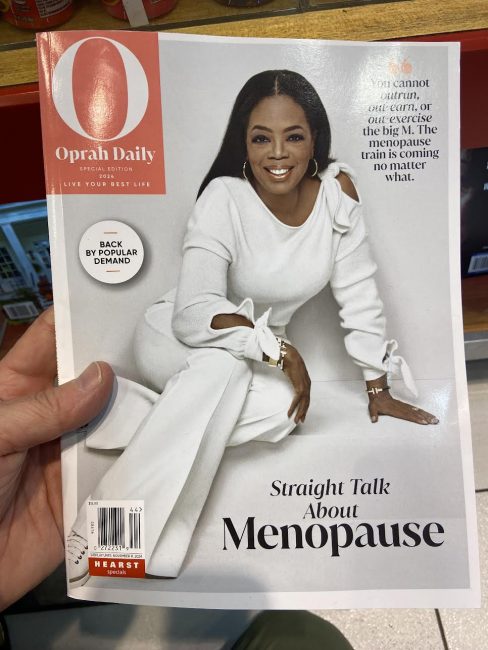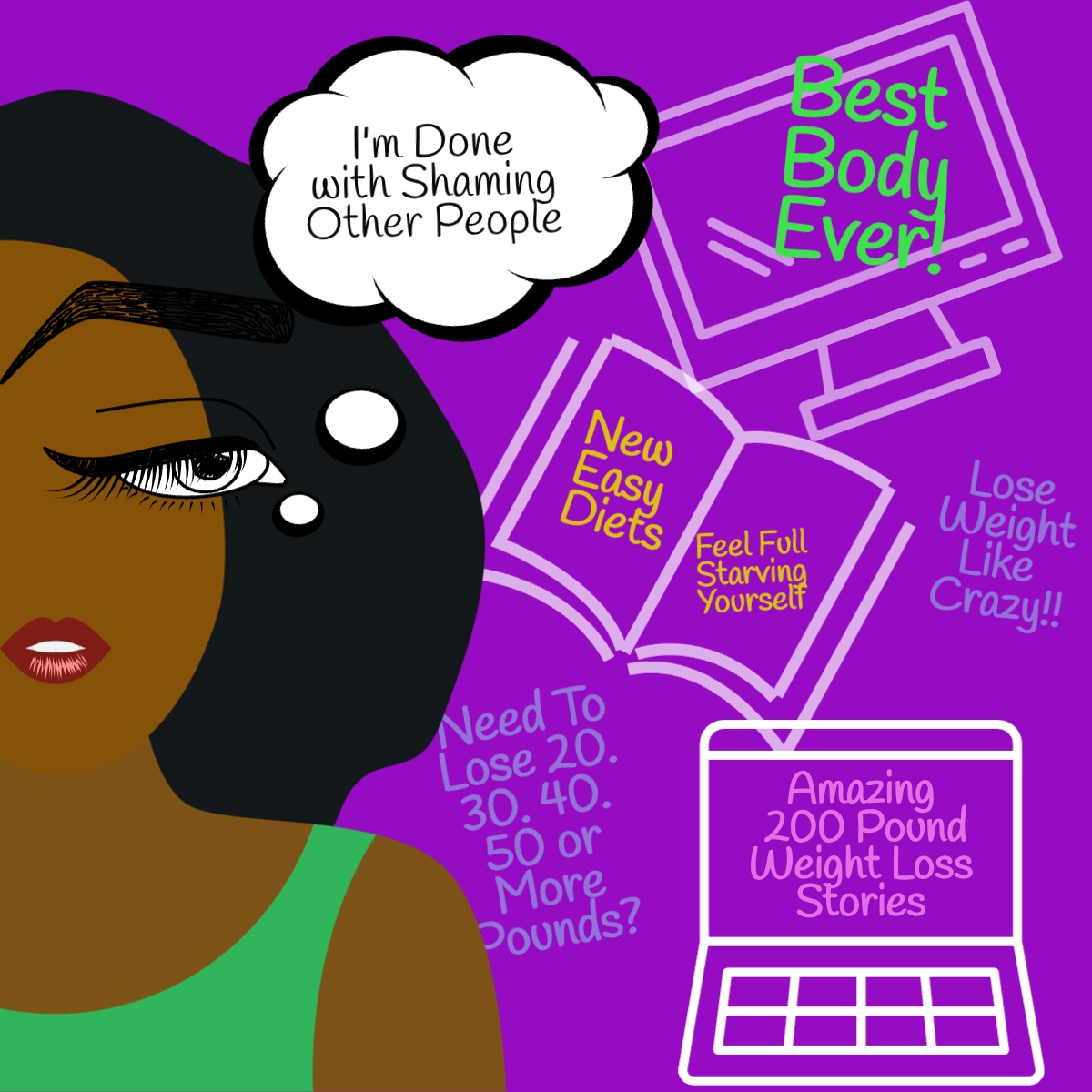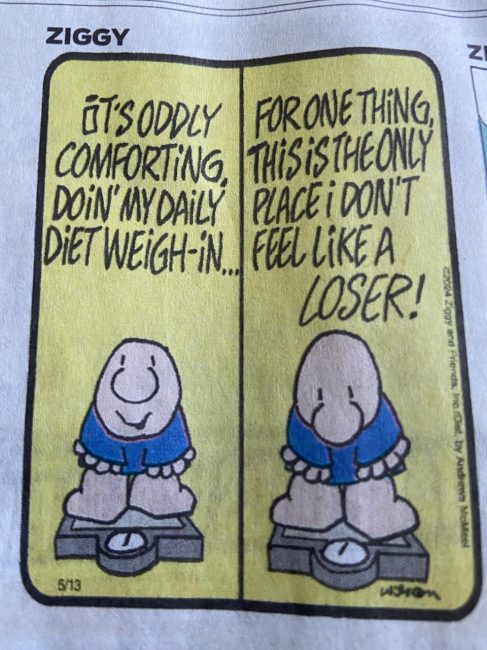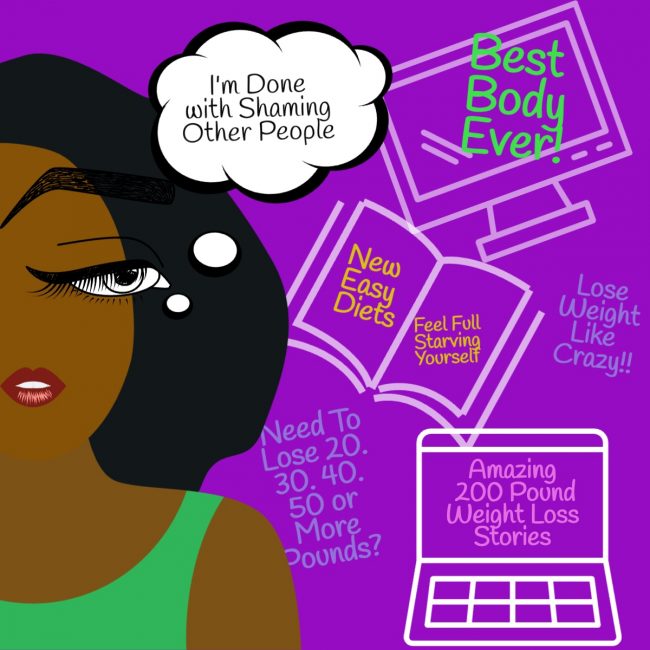Half of the human population goes through a significant hormonal shift, yet few people are willing to talk about it, and many suffer alone.
I was walking through the airport when I spotted O Magazine’s Straight Talk About Menopause magazine. Instantly, I was reminded of Divabetic’s Menopause and Diabetes workshops, podcasts, and YouTube videos.

Both O Magazine and Divabetic offer expert advice on recognizing and treating symptoms and weathering mental and emotional storms.
Oprah has spoken about her own experiences with menopause, including having trouble concentrating, heart palpitations, and feeling muted. She also shared that she started taking hormone replacement therapy (HRT) and said, “I got my first click of estrogen, and I was like, the sky is bluer!”.
Oprah Daily launched a menopause guide with discussions, classes, tools, and expert advice on navigating menopause.
Menopausal symptoms include heavy bleeding, weight gain, joint pain, and mental health symptoms. But only 17% of OB-GYNs are trained to treat menopause.
However, Divabetic tackles the topic of menopause from a diabetes perspective. Our panel featured Dr. Julianne Arena and Donna Rice and was moderated by Catherine Schuller. According to research, hormone levels (most notably estrogen and progesterone) fall dramatically during menopause. Changes to our hormones can affect our blood sugar levels and make managing diabetes more difficult.
Dr Julianne Arena is a double board-certified physician, a board-certified OBGYN who applies traditional, integrative methods and a multi-layered approach to helping women with sexual health and intimacy issues. She’s also a practitioner of Cliovana, the only treatment available that improves long-term clitoral stimulation with proven sound wave technology. Her goal is to help women create optimal and vibrant lives.

Donna Rice is a registered nurse and a Certified Diabetes Care and Education Specialist. She is a national and international thought leader and author of four books, including Divabetic’s ebook Sweet Romance: A Woman’s Guide To Love And Intimacy With Diabetes. She is a Past President of the Association of Diabetes Care and Education Specialists and the Past President of the Diabetes Health and Wellness Institute for Baylor Health Care Systems in Dallas, Texas. Donna is the Chief Operating Officer for DiabetesSisters and The Chief Evangelist for Call-ai, working on voice-driven AI for diabetes care and education.









